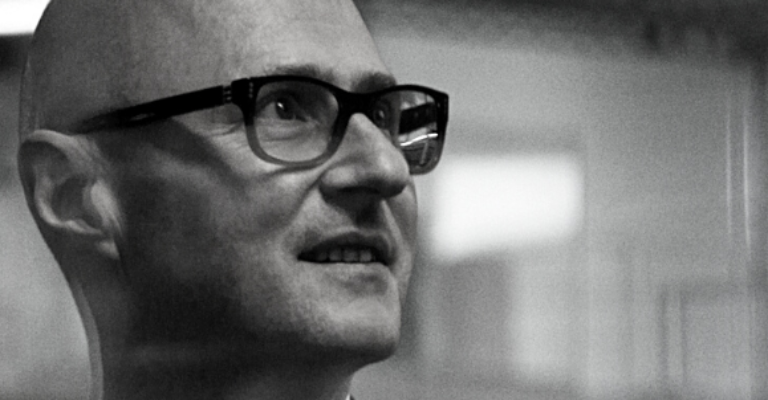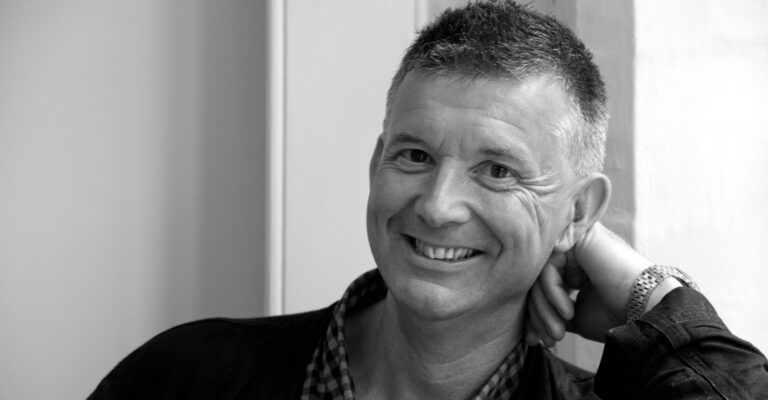
Design Thinking
Leading the Clean Energy Transition
Can we halt the climate crisis? What does low-carbon living look like? How can Bristol make the change? We talk to Selene Molina Blanco, Head of Engineering at Vattenfall Heat UK, about the move to renewables, the benefits of low carbon energy, and how our city is leading the transition away from fossil fuels.
Why do we need the clean energy transition?
We need to accelerate the transition to low carbon and renewable energy for homes and businesses to end our reliance on fossil fuels. The UK is not on track to reach its legally binding target of net zero carbon emissions by 2050 and the Committee on Climate Change has highlighted a lack of progress on low carbon heating as a key concern.
The heating sector accounts for almost one third of the UK’s annual carbon footprint. Currently, 14% of the UK’s emissions come from 26 million gas boilers, which produce 92 million tonnes of CO2 each year. In the UK, around 85% of domestic properties have a gas boiler. Replacing these with low-carbon alternatives, such as district heating networks, is an essential means of decarbonising heating and hot water on a city scale.
What are district heating networks?
District heating networks are community heating systems for towns and cities. They use a network of underground pipes to transport heat (via hot water) from a central source to houses and buildings of all types.
Excess heat is the world’s largest source of untapped energy. District heating systems make use of the waste heat generated in towns and cities. Whether from factories, warehouses, leisure centres, commercial kitchens, or air-conditioned offices, excess heat can be re-used to power district heating networks and create warm homes and businesses. This makes them a cost-effective heating solution that can reduce carbon emissions by up to 90%.
How is Bristol leading the way?
Bristol is one of the UK’s most ambitious cities when it comes to cutting greenhouse gas emissions. In November 2018, it became the first UK city to declare a climate emergency, setting an ambitious target of achieving net zero emissions by 2030.
Bristol City Council realised that it couldn’t reach this target alone, so started the search for an energy partner. In December 2022, the Council launched Bristol City Leap – a world-first, city-level partnership that will bring in over £1 billion of investment to help make Bristol carbon neutral and climate resilient by 2030.
A long-term partnership between Bristol City Council and private sector partners, Bristol City Leap includes the rollout of low carbon solutions like solar panels, heat pumps, energy efficiency measures and district heating networks. Vattenfall is Bristol City Leap’s district heating partner. Our plan is to expand the city’s existing district heating provision and create a citywide network.
Bristol is one of the UK’s most ambitious cities when it comes to cutting greenhouse gas emissions. In November 2018, it became the first UK city to declare a climate emergency, setting an ambitious target of achieving net zero emissions by 2030
Selene Molina Blanco
How will it change our lives day-to-day?
When we think about the changes to heating our homes, individual gas boilers will be replaced with a low carbon alternative. In the case of district heating, this will be a heat interface unit (HIU), which is similar in appearance to a standard boiler and supplies heating and hot water on demand. Residents on a Vattenfall heat network can expect us to take on the repair and maintenance of the system, and this is all covered in a monthly bill.
In the wider sense, change won’t all happen at once, but we are already seeing positive changes all around us. Once implemented, the switch to clean energy will improve our lives for the better, as fundamental things like air quality will improve.
What are the barriers, and how might we overcome these?
One of the key barriers is the lack of supply chain and skilled workforce required to plan, build and operate district heating networks. Vattenfall is working to improve confidence in the market through successful projects like Bristol City Leap, and we are keen to work closely with existing and potential suppliers.
Are there any global cities that we can look to for clean energy inspiration?
We can look to Amsterdam, and The Netherlands more widely. The city and country have strong similarities to the UK in terms of their reliance on a gas network. In The Netherlands, there are 18 major district heating networks and 100 smaller ones. Altogether, they provide heating and hot water for 374,200 households.
In Amsterdam, Vattenfall has built a district heating network to which 145,000 households are connected, reducing their carbon emissions by 75%. Each year, we connect 5,000 more households in the city. This district heating network has grown over a period of about 25 years so it’s relatively quick in terms of decarbonising heat on a city scale.
How can we ensure equity in the clean energy transition? Is there anything happening in Bristol?
Our vision for Bristol is low carbon district heating across the city that provides reliable heating and hot water at a fair price. To get there, Vattenfall expects to invest over £300m of capital over the next five years in the construction of long-term, low carbon district heating network infrastructure. Local jobs will be created as part of an estimated £55m worth of contracts being delivered by local suppliers.
Bristol City Leap is establishing a £1.5m Community Energy Fund, in partnership with Ameresco, for the development of low carbon energy initiatives. The fund forms part of Bristol City Leap’s ambitions to deliver a minimum of £61.5 million in social value over the first five years of its partnership. The majority of this will come from driving economic benefits through the use of local supply chains and creating well paid jobs for local people, as well as community initiatives such as volunteering programmes and training opportunities.
All change requires a collaboration between state, citizens and business. What one thing do you think each could do to make the switch?
A consistent message from central government would increase investor confidence in the district heating market, enabling companies to focus their efforts in the right places. Businesses like Vattenfall are leading the change, and all companies should be doing their bit to make net zero a reality, valuing the impact they have on the planet and people, on top of profit.
The shift to low carbon will require change and citizens need to be demanding and welcoming of that change. Having a new low-carbon heating system will of course be different, but it will become the norm relatively quickly. It will also bring benefits such as improved air quality, and enhanced community wellbeing from fairly priced, communal, and reliable low-carbon heat.
Selene is one of the climate superheroes speaking at Switch: Leading the Clean Energy Transition at Arnolfini on Thursday 28 September, 6:30 pm. The event is run in partnership with Buro Happold and Design West. Tickets: £12 standard, £10 concession, £8 student.
You Might Also Like






